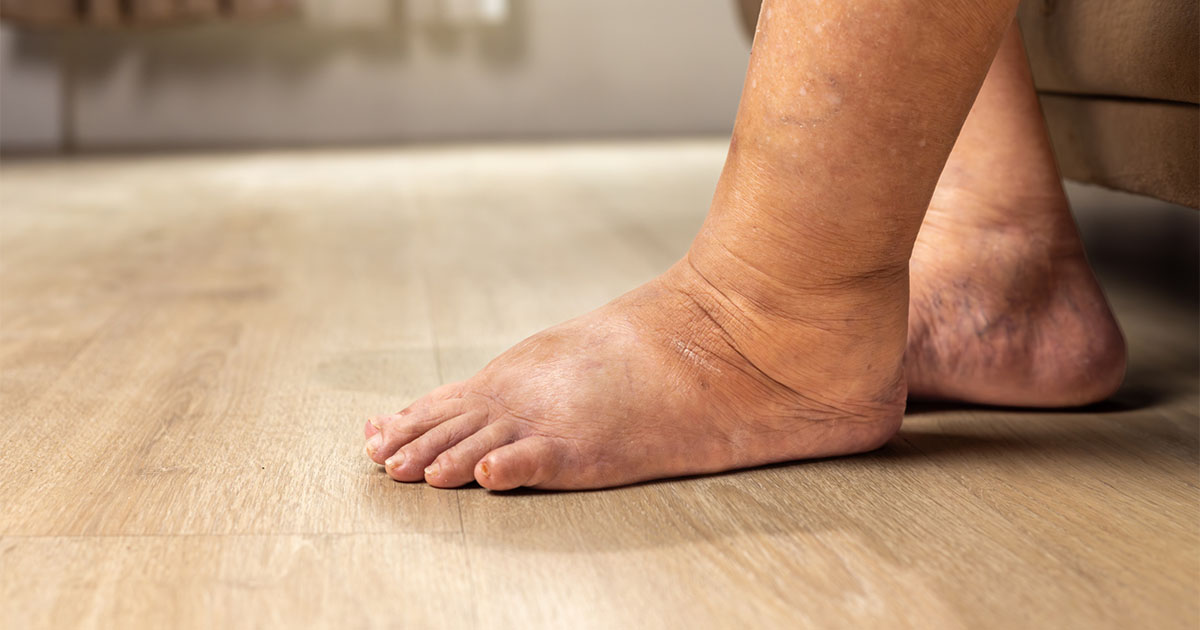Tip 1: Accept that feeling stressed is normal in these circumstances
- Feeling stressed and under pressure is a likely experience for all healthcare professionals working at this time.
- These feelings are by no means a reflection that you cannot do your job or are failing.
Tip 2: Seek support from family, friends and colleagues
- Unfortunately, some healthcare workers may experience avoidance by their family or community due to stigma, fear or illness. In such cases, staying connected with loved ones, including through digital methods, is one way to maintain contact.
- Turn to your colleagues, your manager or other trusted persons for social support – they may be having similar experiences to you.
Tip 3: Try and use helpful coping strategies and avoid using unhelpful ones
- Try to:
– Ensure sufficient rest and respite during work, even for short periods, and between shifts.
– Eat sufficient and healthy food.
– Engage in physical activity. Learn simple daily physical exercises to perform at home, in quarantine or isolation to maintain mobility and reduce boredom.
– Stay in contact with family and friends.
– Use strategies that have worked for you in the past to manage times of stress. - Try to avoid:
– Using tobacco, alcohol or other drugs as coping strategies (in the long term, these can worsen mental and physical wellbeing).
Tip 4: Minimise consumption of news and social media
- Seek information only from trusted sources such as www.gov.uk, www.nhs.uk and www.nhsinform.scot. Seeking facts, rather than rumours and misinformation, can increase your sense of control and minimise fears.
- Seek information mainly to receive practical advice.
- Seek updates at specific times, and only once or twice per day.
Tip 5: Try to amplify positive and hopeful stories
- Share stories of people who have recovered and are willing to share their experience. Remember that the vast majority of people who contract COVID-19 will experience only mild symptoms and make a full recovery.
- Share stories of positive acts and human kindness, such as the half-million people volunteering to support the NHS in one day.
Tip 6: Take pride in your work
- Acknowledge the role you and other healthcare professionals are playing to save lives and keep your loved ones safe.
- Avoid feeling guilty for taking time off for rest or sickness: this is a marathon, not a sprint.
31 March update: Bonus tip! Free access to wellbeing apps for all NHS staff
NHS staff have been given free access to a number of wellbeing apps until December: visit https://bit.ly/3bBPUP5 to learn more.





Jane Diggle discusses how the media shapes people’s knowledge, beliefs and behaviours regarding health.
31 Dec 2025